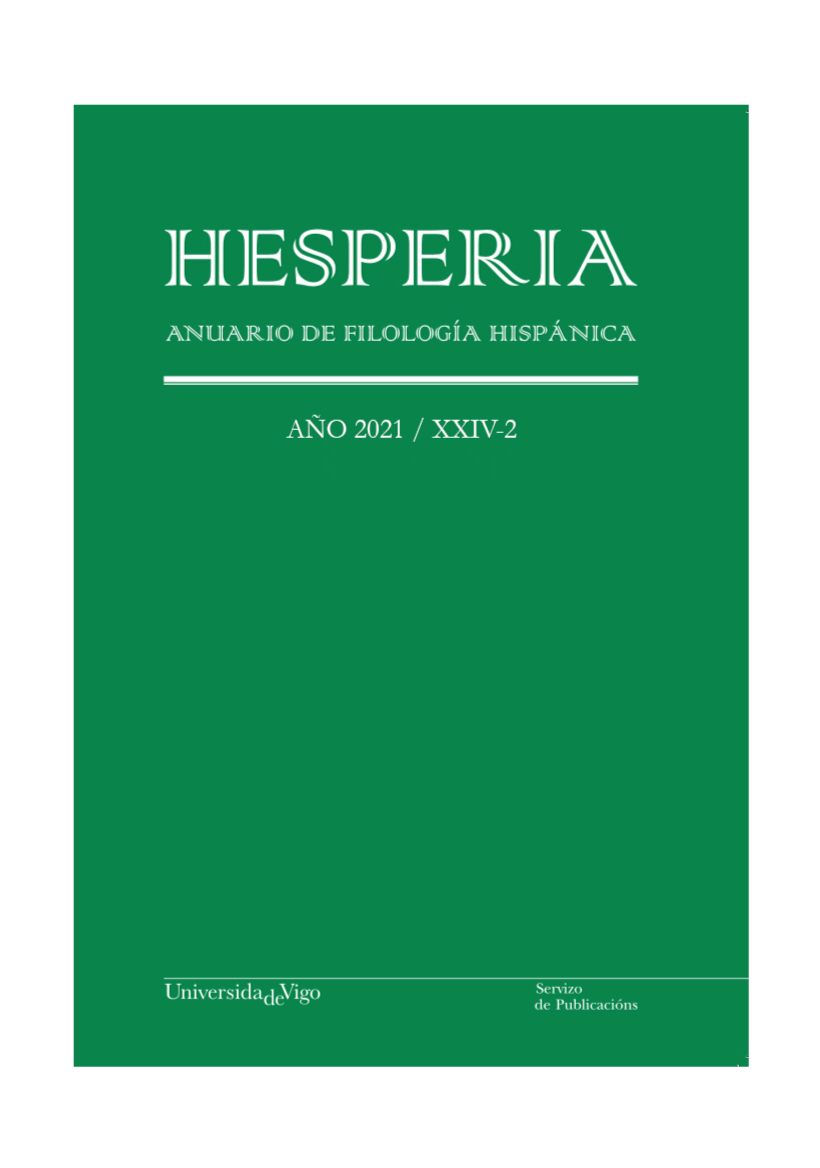Os retos de traducir do inglés ao español personaxes de xénero non binario en textos literarios
DOI:
https://doi.org/10.35869/hafh.v24i2.4107Palabras clave:
Identidade, Xénero non binario, Tradución literaria, They singular, Tradución inglés>españolResumo
Os cambios ideolóxicos no referente ao xénero xa se reflicten na lingua. Un exemplo é o uso en inglés do they singular para referirse a persoas de xénero non binario. Estes recursos calaron tamén na literatura. A tradución destes texto exemplifica diferentes propostas de tradución que xeran unha representación lingüística en español e que propicia ou non a súa comprensión. Isto implica retos para a tradución destas obras ao español, xa que esta lingua non conta cos mesmos mecanismos lingüísticos nin posturas ideolóxicas que o inglés. Neste artigo, analizarei exemplos de textos literarios con estas características e os retos que implican para a súa tradución. Ademais, abordarei cales son os mecanismos que existen en español para reproducir estes recursos. O meu obxectivo é cuestionar como as decisión de tradución permiten que se recreen ou non estas voces e as súas identidades nos textos e subliñar a labor da tradución para a súa representación. A posibilidade de analizar este tipo de traducións deriva en par e das estratexias feministas de tradución e a postura que presentan. Ditas estratexias dan un marco teórico e práctico para a tradución das distintas identidades.



